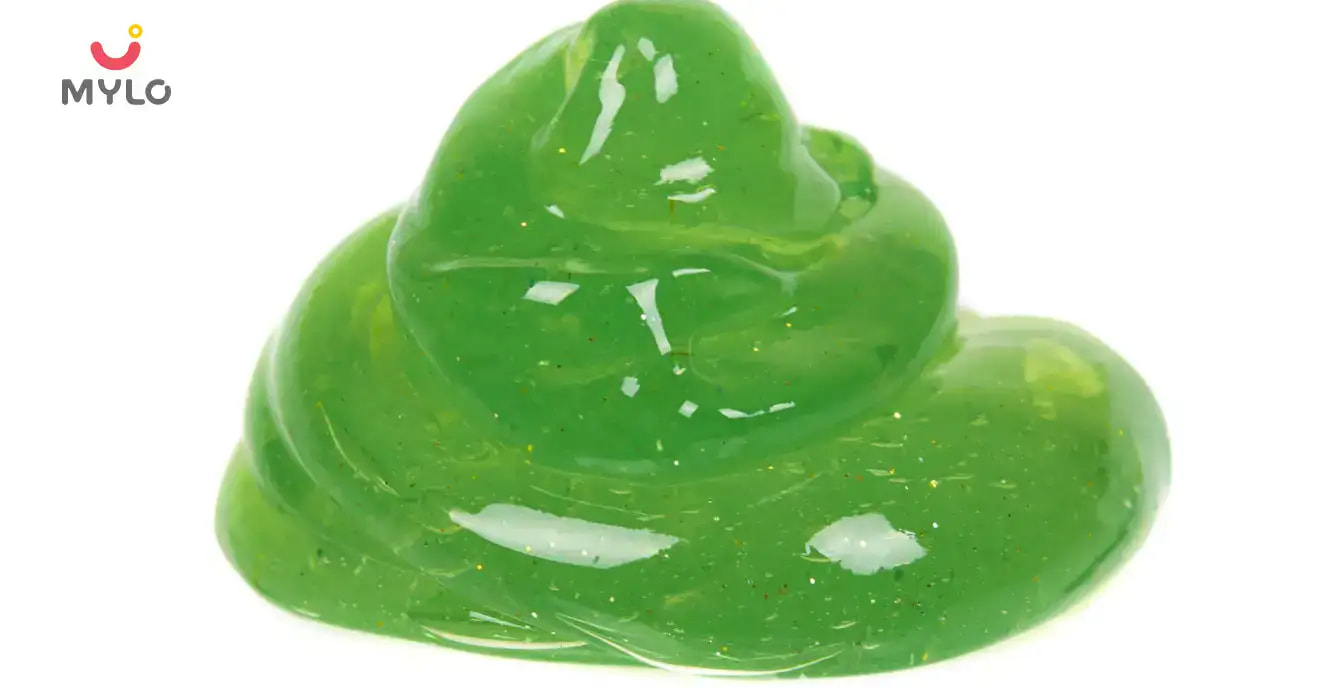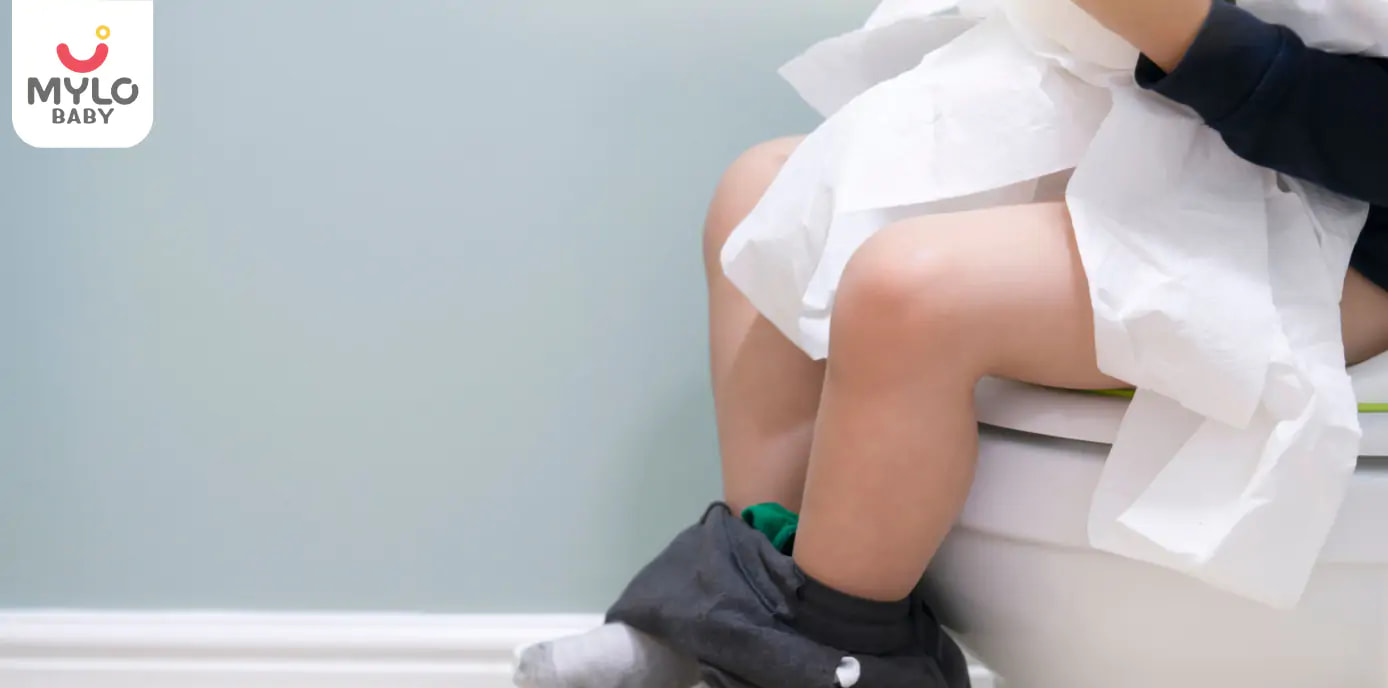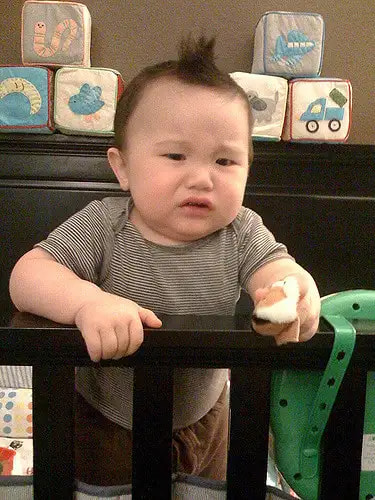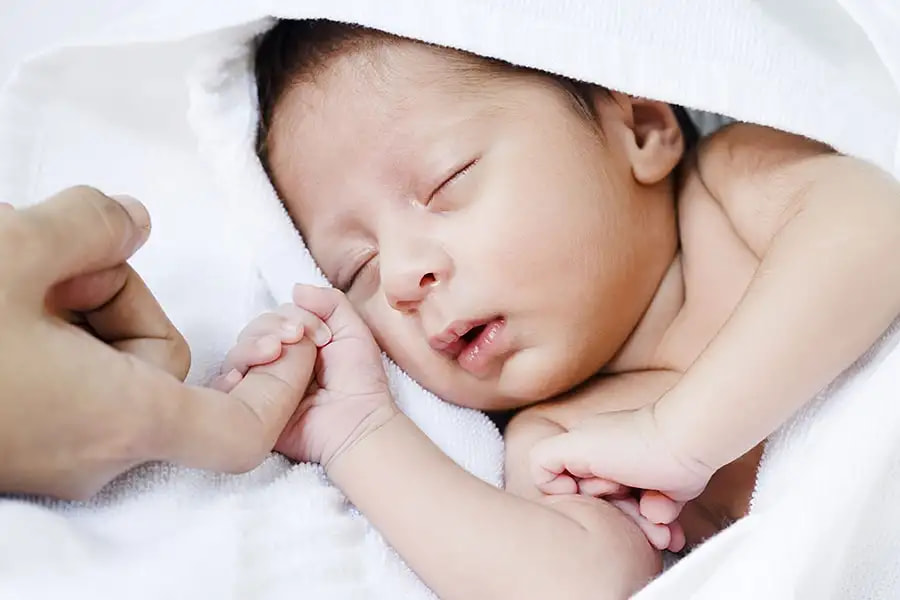Home

Illnesses & Infections

Baby Diarrhea: Causes, Symptoms & Treatment
In this Article
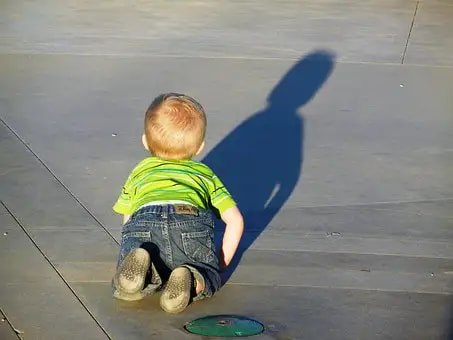
Illnesses & Infections
Baby Diarrhea: Causes, Symptoms & Treatment
Updated on 18 April 2023
If your baby is passing watery stools frequently (more than 3 times a day) then your baby is suffering from diarrhea. Baby diarrhea may be acute or chronic but one should effectively manage the excessive loss of electrolytes and fluid from the body. Babies are more vulnerable to this disease because their immunities are low and their digestive system has not fully developed.
In this article, we will discuss what causes baby diarrhea, its symptoms, how to treat it and when to see a doctor.
What does a baby's typical poop look like?
A normal baby poop is soft in texture and can be of different colours. A newborn’s first poop, meconium, is black to green in colour. After a few days, the baby’s poop will turn yellow to mustard in colour. If you’re concerned about your baby’s poop colour, you can refer to a baby poop colour chart. As long as your baby’s poop is earthy in colour, everything is fine.
How about baby diarrhea?
Newborn babies usually have soft and loose poop, especially if they’re fed breast milk only. It’s normal for babies to poop several times a day as well. So, how can parents tell if their baby has diarrhea. If your baby’s poop is very runny and is more frequent than usual, they have baby diarrhea.
Here are some symptoms of mild to severe diarrhea in babies:
-
Frequent watery stools
-
Cramping and severe pain in the abdomen
-
Fever
-
Nausea
-
Vomiting
-
Dehydration
-
Blood in stools
-
Pain while passing stool
Causes of newborn diarrhea
Some of the common causes of baby diarrhea are:
-
Change in baby’s diet
-
Use of antibiotics by mother (if breastfeeding) or baby
-
Gastrointestinal infections
-
Rotavirus
-
Adenovirus
-
Typhoid
-
Parasitic infections from roundworms or hookworms.
-
Food allergies
-
Intolerance of certain foods like- dairy products, groundnuts, potatoes, and eggs
-
Hormonal imbalance
-
Bowel disorders
-
Cancer
It is a wise decision to consult a pediatrician who can carefully diagnose the main reason your baby has diarrhea. Your doctor will make sure your child undergoes a physical examination and laboratory investigations. For a proper treatment of the ailment, the doctor would also like to know the complete history of eating habits, medications, and symptoms of the disease.
Effects of diarrhea in babies
If your little one is suffering from diarrhea, you must look out for side effects like dehydration. It can especially be a risk if your baby has diarrhea along with vomits and fever. You must call your doctor immediately if your baby has diarrhea and presents any signs or symptoms of dehydration, such as:
-
Dry mouth and skin
-
Refusing to eat or eating only a little
-
Crankiness
-
Crying without tears or a weak cry
-
Sunken eyes, sleepiness
-
Dry diaper for 8-12 hours
Treatments at home
You can prevent dehydration in a child if he/she is suffering from baby diarrhea by following modest home remedies:
-
Offer ORS (Oral Rehydration Solution) to your baby as many times as you can because it will balance the loss of sugars, salts, and electrolytes in your baby’s body.
-
Continue breastfeeding
-
Offer small meals to your child
-
Make sure your child’s nappy is clean and dry
-
If your child can drink, offer him/her a warm cup of herbal tea
-
A teaspoon of turmeric with a cup of warm water
-
Mashed apple slices, bananas or potato
-
Coconut water
-
Bitter gourd juice with a pinch of salt in it
-
Lemonade with black pepper and ginger juice
-
Rice porridge, oatmeal and wheat cereals
You should also keep the following things in mind if your child is suffering from baby diarrhea:
-
Do not discontinue the formula-feed diet of your baby
-
Avoid giving too many fruit juices
-
Avoid giving greasy and spicy foods
-
Avoid giving non-vegetarian and seafood diet
-
Avoid giving excessive dairy products to your babies like- cheese, cow’s milk, and butter
-
Avoid offering packed foods like chocolates, chips, and candies
When to contact a physician
You should call your baby’s pediatrician immediately if you see red or white colour poop on your baby’s diaper. Pale or white colour poop can be a sign of a liver problem whereas red baby diarrhea can mean there’s a bleeding somewhere inside. You should also call your doctor if your child has severe diarrhea or more than ten watery poops in a day.
You should seek medical attention immediately if your baby has the following symptoms along with diarrhea:
-
Frequent or forceful vomiting
-
Skin rashes
-
Fever
-
Weight loss or no weight gain
-
Red or white colour poop
Gas, hiccups and diarrhea in babies are common. Though it can be hard for you to see your little one suffer from baby diarrhea, it usually goes on its own. Keep your baby hydrated and comfortable and follow home remedies until the bout of baby diarrhea passes.



Written by
Ravish Goyal
Official account of Mylo Editor
Read MoreGet baby's diet chart, and growth tips

Related Articles
Related Questions
Hello frnds..still no pain...doctor said head fix nhi hua hai..bt vagina me pain hai aur back pain bhi... anyone having same issues??

Kon kon c chije aisi hai jo pregnancy mei gas acidity jalan karti hain... Koi btayega plz bcz mujhe aksar khane ke baad hi samagh aata hai ki is chij se gas acidity jalan ho gyi hai. Please share your knowledge

I am 13 week pregnancy. Anyone having Storione-xt tablet. It better to have morning or night ???

Hlo to be moms....i hv a query...in my 9.5 wk i feel body joint pain like in ankle, knee, wrist, shoulder, toes....pain intensity is high...i cnt sleep....what should i do pls help....cn i cosult my doc.

Influenza and boostrix injection kisiko laga hai kya 8 month pregnancy me and q lagta hai ye plz reply me

Related Topics
RECENTLY PUBLISHED ARTICLES
our most recent articles
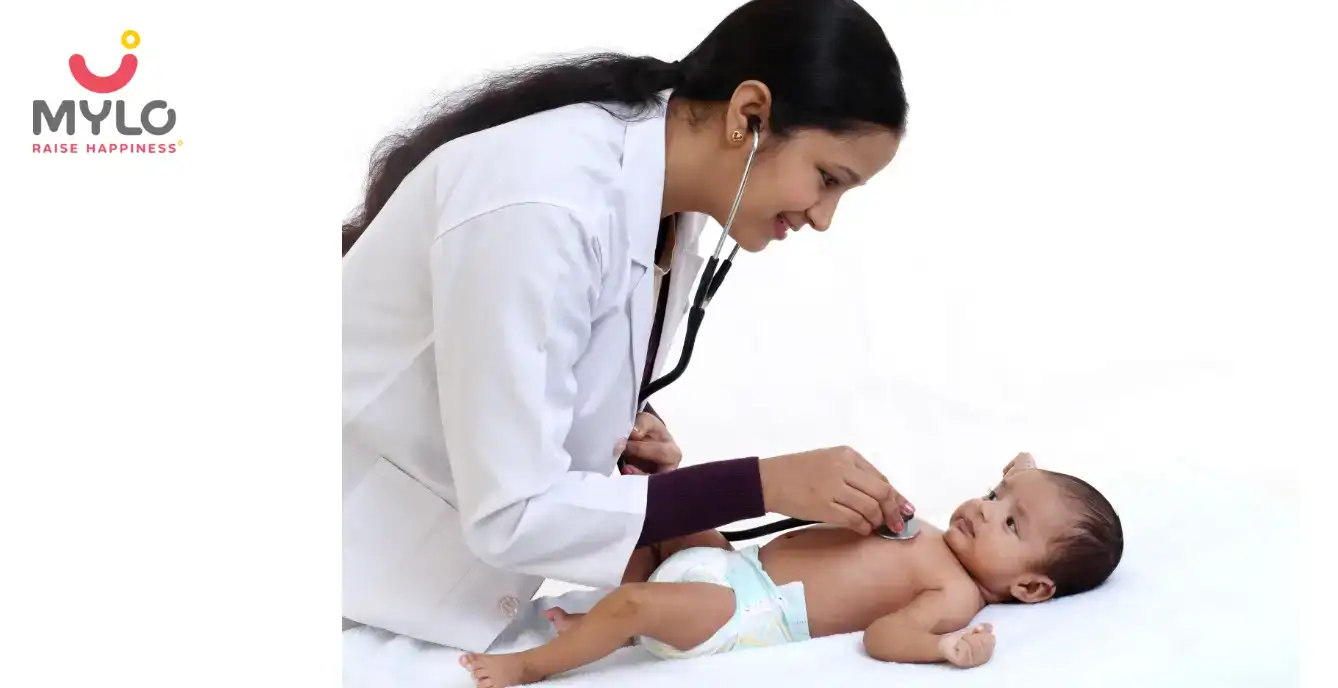
Illnesses & Infections
Bronchiolitis: Causes, Symptoms & Treatment
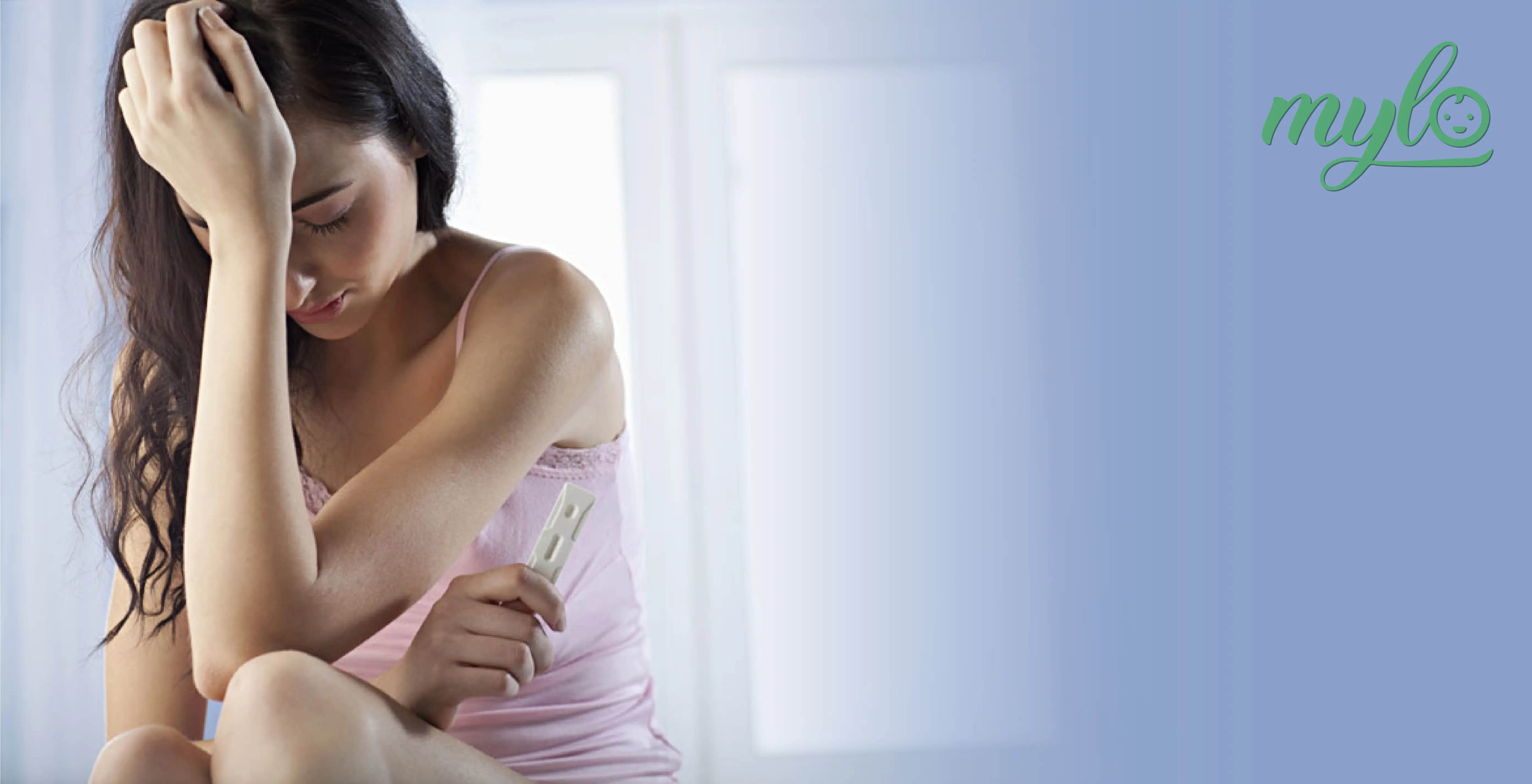
Pelvic Pain in Pregnancy: Symptoms & Treatment
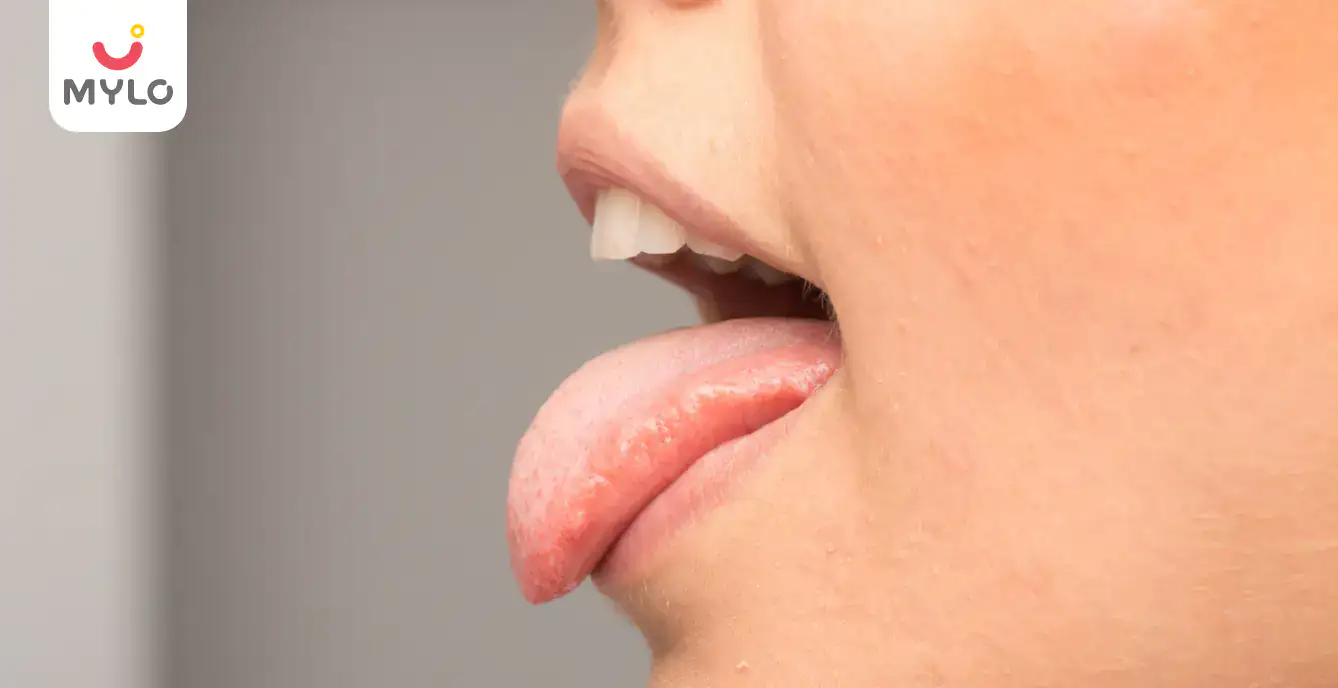
Pregnancy Journey
Saliva During Pregnancy: Causes & Prevention
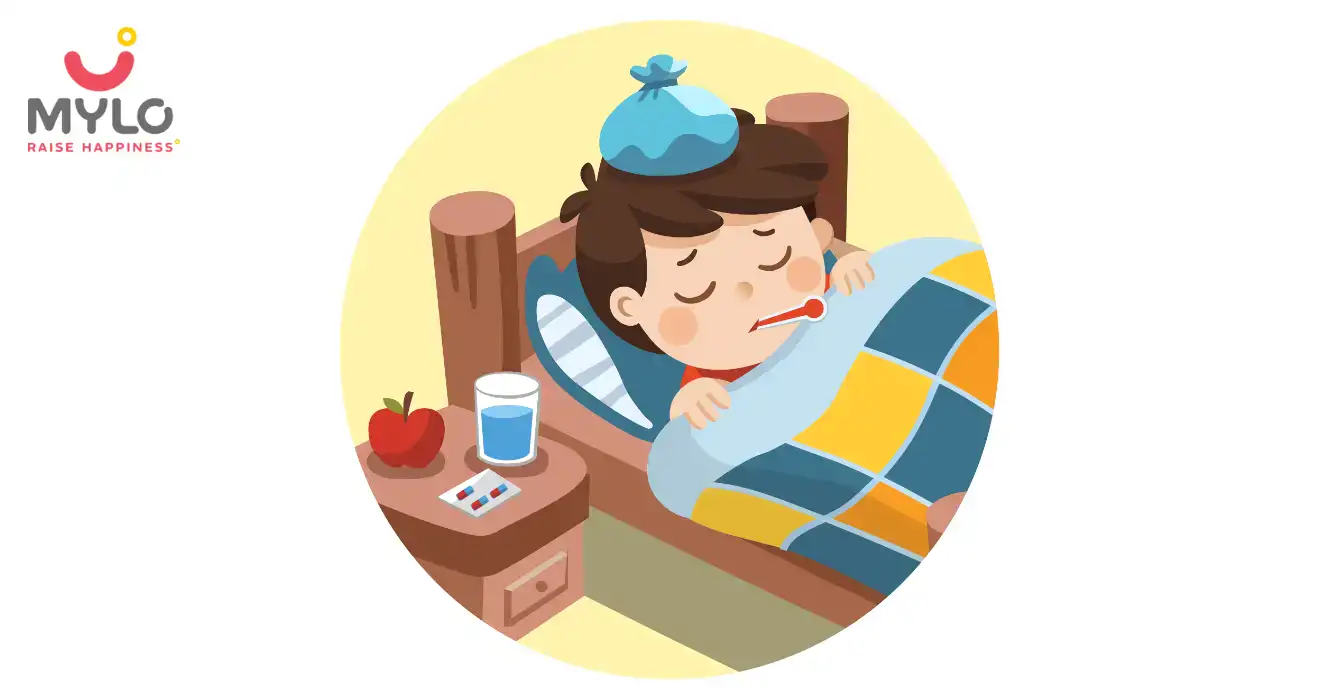
Fever
Effective Ways to Treat Jaundice in Children: Expert Tips for a Speedy Recovery

Fun & Humour
10 Best Original Movies to Watch on Netflix
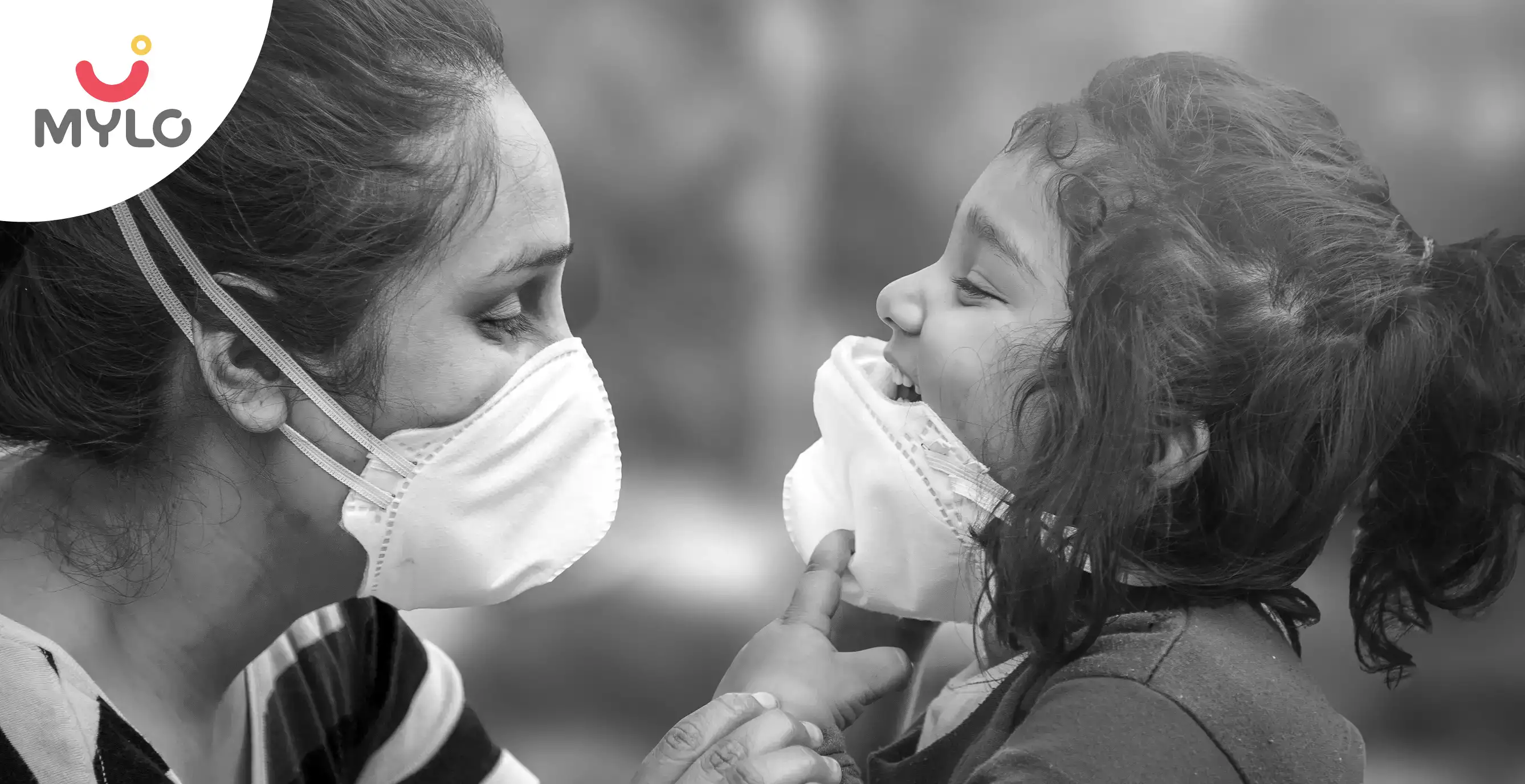
Symptoms & Illnesses
Flu, Change of Season or New Covid Variant, XBB.1.16- What’s Causing These Symptoms?
- 5 Ways In Which Music Can Boost Your Baby's Brain Development
- How to Stop Baby Hiccups: Everything You Need to Know
- “Staying Active and Healthy: The Benefits of Safe Exercise During Pregnancy”
- Appendicitis In Pregnancy Symptoms, Diagnosis & Surgery
- 5 Common Myths Busted About Baby Sleep
- “Ectopic Pregnancy: All You Need to Know About This Complication”
- Importance of Typhoid vaccines
- Benefits of eating nuts
- Can One Induce Labor Naturally?
- Should One Consider Keeping Their Pregnancy A Lowkey News?
- Destination decide
- After delivery pregnancy
- Mylo....
- Meri folecular study hui hai mujhe last 10, 12 din drest halka halka pain ho raha tha but kal band ho gaya kya ye period ka lakshan hai ya fir pregnancy ka


AWARDS AND RECOGNITION

Mylo wins Forbes D2C Disruptor award

Mylo wins The Economic Times Promising Brands 2022
AS SEEN IN
















- Mylo Care: Effective and science-backed personal care and wellness solutions for a joyful you.
- Mylo Baby: Science-backed, gentle and effective personal care & hygiene range for your little one.
- Mylo Community: Trusted and empathetic community of 10mn+ parents and experts.
Product Categories
baby carrier | baby soap | baby wipes | stretch marks cream | baby cream | baby shampoo | baby massage oil | baby hair oil | stretch marks oil | baby body wash | baby powder | baby lotion | diaper rash cream | newborn diapers | teether | baby kajal | baby diapers | cloth diapers |



